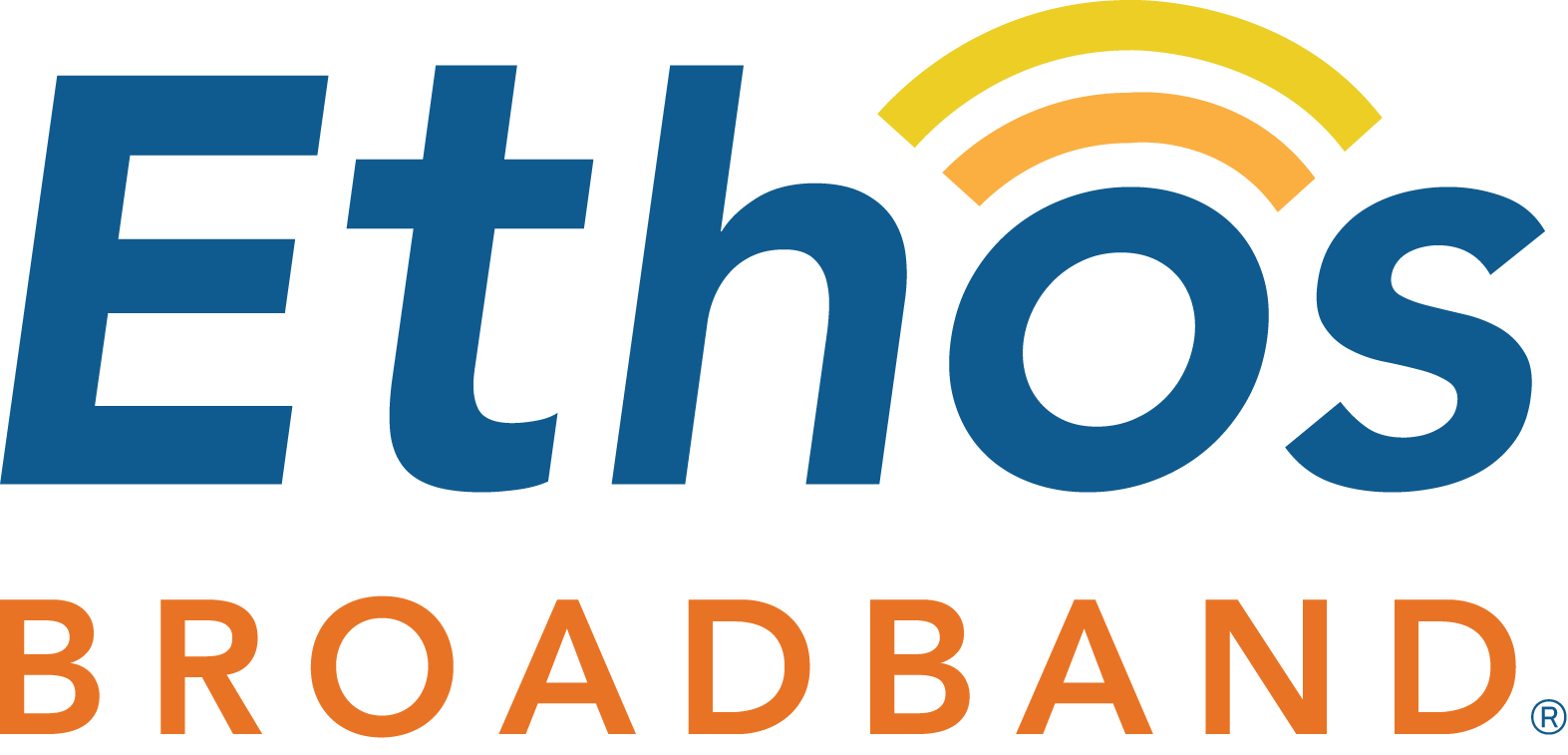Five Telehealth Services That Make Life Easier
Over the past few years, one of the most significant innovations impacting healthcare in America is the massive expansion of online telehealth services. And given the numerous benefits and conveniences telehealth has to offer, that trend shows no signs of slowing down! From increasing access to specialists to reducing the spread of germs among vulnerable populations, the advantages of telehealth are considerable.
Below we highlight five well-regarded telehealth services, all of which are accessible with Ethos Broadband’s high-speed fiber internet. We also touch on the telehealth industry’s tremendous growth over the past few years. Whether you’re looking for a faster prescription medication refill or just needing professional advice on whether to take your child or loved one to a clinic for more urgent care, you’ll likely find that telehealth really does make life both easier and more efficient for you and your family!
Telehealth’s Enormous Expansion
Given the benefits discussed above, it’s no wonder that more and more patients are enjoying telehealth platforms. In 2022, about 25% of all patients took advantage of telehealth services. Compared to pre-2020 figures (i.e., pre-Covid), that represents a fivefold increase from just 5% usage by patients! And the convenience and advantages keep attracting new patients to telehealth, both in America and around the world.
Indeed, according to one study, overall global telehealth revenue in 2023 was estimated at a whopping $120.4 billion. That same study anticipated total revenue will reach $285.7 billion by 2028, a staggering figure representing over 23% growth in just five years.
Five Recommended Telehealth Services
Having considered the value of telehealth services and seen how incredibly fast the industry is growing, we now turn to our list of five telehealth platforms we can recommend.
- Teladoc
Our first recommended telehealth service is also among the most comprehensive on our list: Teladoc. One of the original pioneers of telehealth in the early 2000’s, Teladoc provides a variety of health and medical needs at all hours, so you can reach out to Teladoc when you need their expertise no matter the time of the day (or night). Teladoc has been particularly recognized for its mental health services, so patients considering online therapy may want to check out its offerings.
- Amwell
Another thorough and nearly complete telehealth service to consider is Amwell. Best known for its collaboration with the world-renowned Cleveland Clinic, Amwell is also well-regarded for its Second Opinion Service. For patients seeking another expert or diagnostician to provide an opinion or prognosis after a previous diagnosis, Amwell might be a good option. Keep in mind, however, that Amwell and its additional services are on the pricier side, though they work with many kinds of insurance, as well.
- Doctor on Demand
Like Teladoc and Amwell, Doctor on Demand also offers access to physicians and medical professionals 24 hours a day seven days a week, making it easy to get appointments fairly fast. Doctor on Demand’s offerings tend to be somewhat more expensive than others, but its services are highly rated by users and are quite varied. Fun fact: One of the original founders of Doctor on Demand is the famous television personality Dr. Phil McGraw (“Dr. Phil”).
- Sesame Care
The most budget-friendly option on our list is Sesame Care. With Sesame Care’s online visits costing as low as $29 each, patients looking for more affordable telehealth will want to check it out. Sesame Care recently partnered with Costco, whose members receive even better pricing. Unlike the other telehealth services we recommend, Sesame Care does not employ an app to conduct consultations. Simply navigate to its website in a browser and follow the steps to book an appointment.
- K Health
Our last recommended telehealth service is K Health, which is particularly useful for assessing and understanding your own symptoms. Utilizing the massive quantities of diagnostic and statistical data from many millions of other patients, K Health helps similarly situated patients determine when they may need more intensive health care interventions. Like the other services above, it also provides telehealth through appointments on its app and website.
The five telehealth services highlighted above provide both convenience and peace-of-mind to patients. Of course, a connection to a reliable high-speed internet service, like Ethos Broadband’s fiber network, is essential.
Indeed, it’s not uncommon for doctors to decline to make a diagnosis if the video connection just isn’t clear enough to assess the patient’s condition and symptoms with confidence. Only fiber internet has both the necessary speeds and generous bandwidth to convey the large amounts of data—video, voice, test results, medical charts, etc.—telehealth consultations require, and without interruptions that impede a proper medical assessment.
In this way, fiber ensures distortion-free video conferencing and clear communication between patient and healthcare professionals no matter which telehealth service you choose.
For a fiber internet connection you and your family can rely on, call us 833-650-0480 today.
